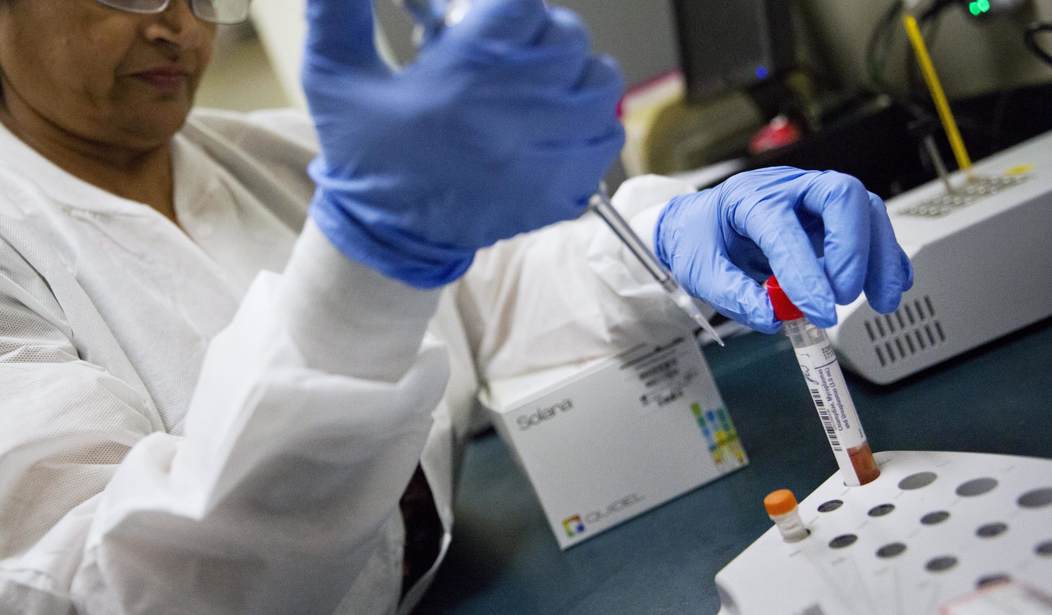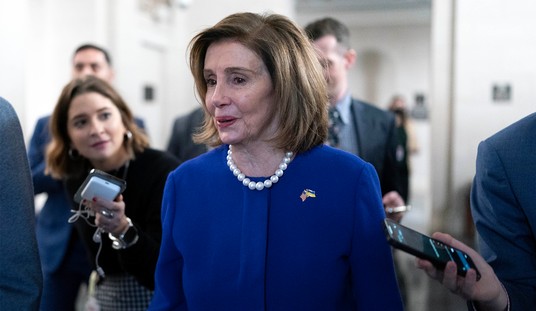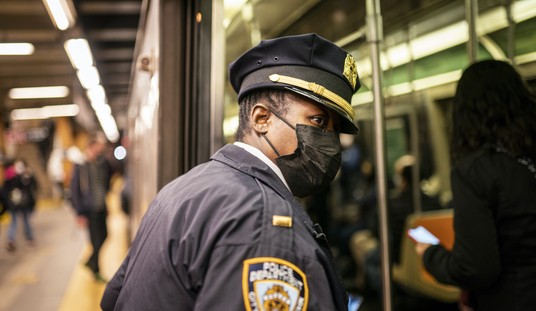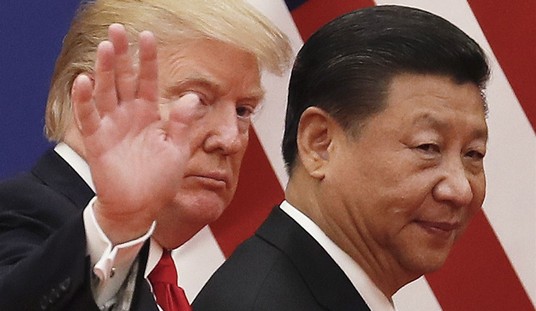WASHINGTON — A biosecurity expert told a biodefense panel this past week that the U.S. needs “a Manhattan Project for flu vaccine” as “we’re more vulnerable today than we were five years ago” to the risk of a devastating pandemic.
And naturally occurring and spreading pathogens aren’t the only global security concern, as “even a junior scientist can engineer resistant pneumonic plague.”
The Blue Ribbon Study Panel on Biodefense is led by former Homeland Security Secretary Tom Ridge and former Sen. Joe Lieberman (I-Conn.), and includes former Health and Human Services Secretary Donna Shalala, former Sen. Tom Daschle (D-S.D.), former Rep. Jim Greenwood (R-Pa.) and former Assistant Attorney General for National Security Kenneth Wainstein.
In the Wednesday hearing at the Hudson Institute, Michael T. Osterholm, the director of the Center for Infectious Disease Research and Policy at the University of Minnesota, noted that the World Health Organization is “hemmed in” by stagnant resources and no increase in dues for a decade.
“It’s a broken system that we have to fix and we have only had marginal improvement,” he said. “We’ve got to stop all this happy talk. We have to illustrate the problems … instead of just congratulating ourselves for what we accomplished.”
Osterholm stressed that public health is a “never-ending investment need,” though clarified that the Ebola and Zika viruses, as frightening and deadly as they were, were not pandemics.
He highlighted two distinct health crises that have the “potential to be a worldwide outbreak overnight” – flu and antibiotic resistance.
The world is “approaching a post-antibiotic era,” the epidemiologist warned, and by the year 2050 more people will die from antibiotic-resistant superbugs than from cancer.
Flu, meanwhile, stymies health professionals by damaging the lungs and propelling an out-of-control immune response, and we “can’t do much better today than in 1918 — we’re still very vulnerable to flu today in many ways as we were in 1918,” Osterholm said, referencing the pandemic that killed about a third of the world’s population.
New and better flu vaccines with wide access are needed, he said, adding that the flu vaccine “didn’t work well this year.”
“It’s time for us to take a step back… because we could have a 1918,” he declared.
The Centers for Disease Control and Prevention said this year’s flu season appears to have peaked in early February, though four states continue to report widespread flu activity: Connecticut, Delaware, Massachusetts, and New York.
“Hospitalization rates this season have been record-breaking, exceeding end-of-season hospitalization rates for 2014-2015, a high severity, H3N2-predominant season,” the agency said in a recent flu summary, noting the total number of flu-related children’s deaths this season was at 160.
Osterholm said one problem is a lack of private-market incentive for developing new and better vaccines.
“Nobody has really put the grand plan together yet — this is going to have to take an entire cradle to grave” effort, he said.
With billions of dollars directed into HIV research — and Osterholm emphasized he “wouldn’t take a penny away from that” — a similar financial commitment is sought for flu research and pandemic preparedness. Sen. Ed Markey (D-Mass.) introduced a bill in February to invest $200 million a year over the next five years into creating a universal influenza vaccine that could offer lifetime protection. Trump signed a one-time investment of $100 million.
“It’s a good start, but it’s not going to do it,” Osterholm said.









Join the conversation as a VIP Member